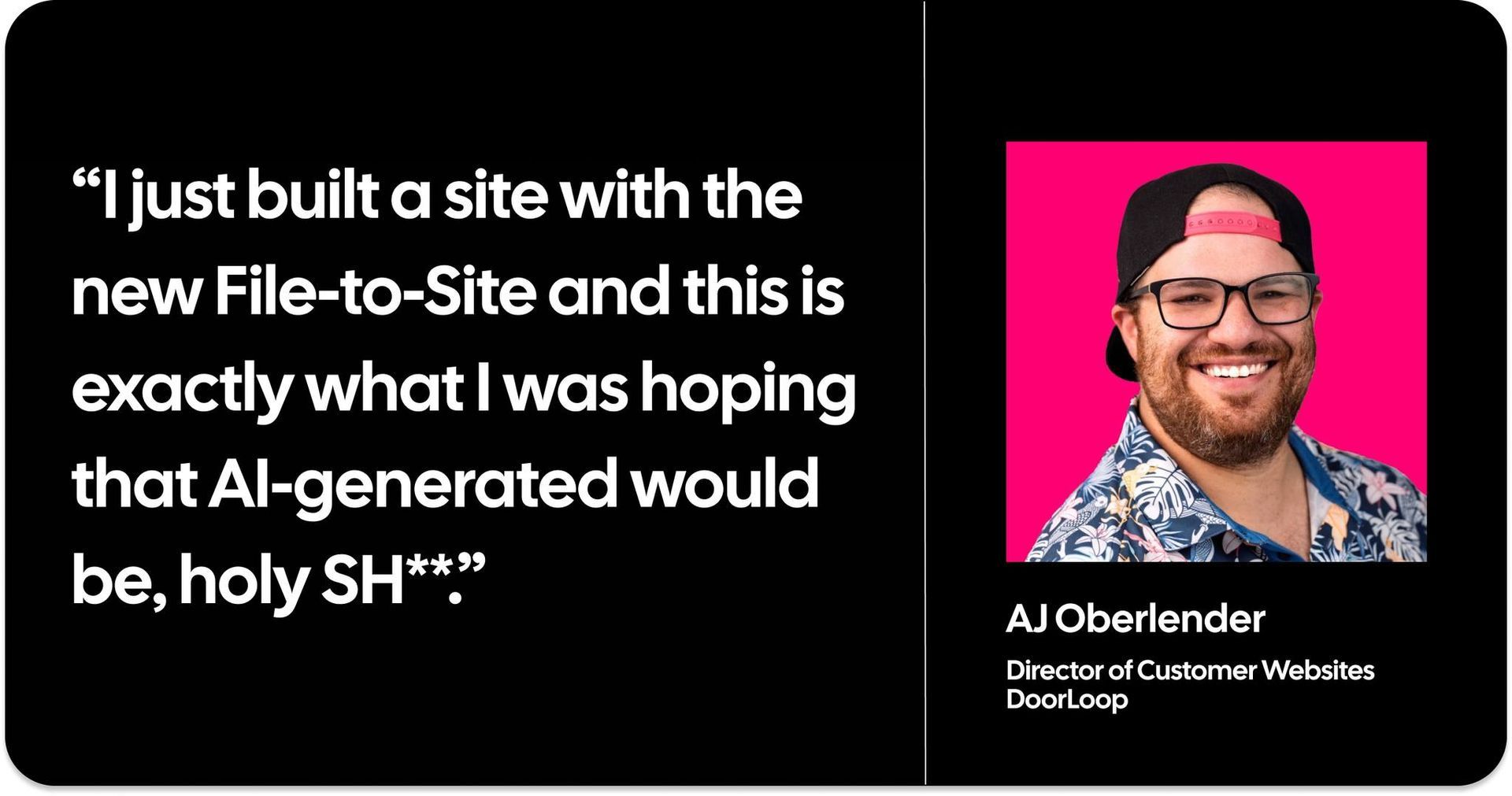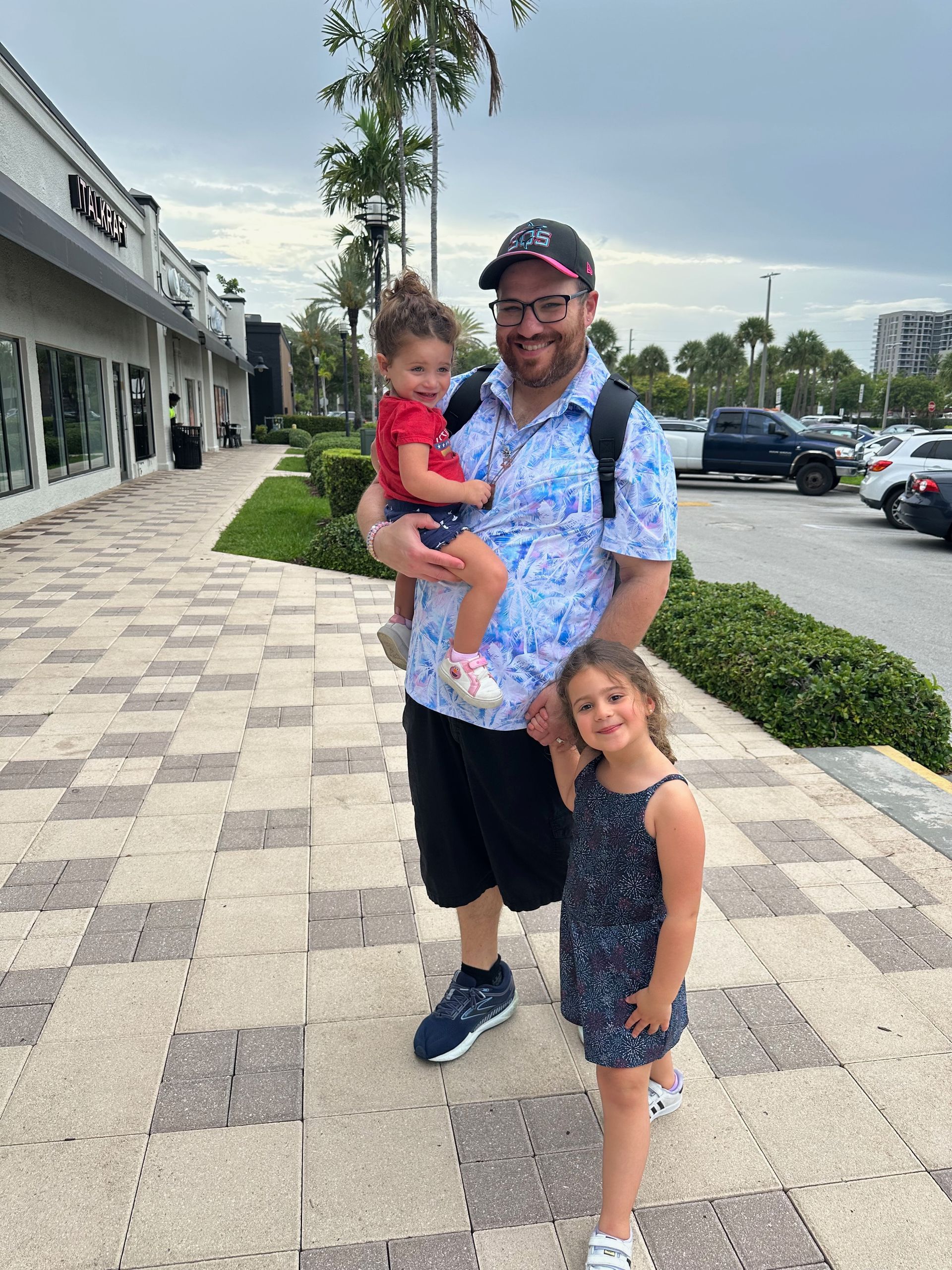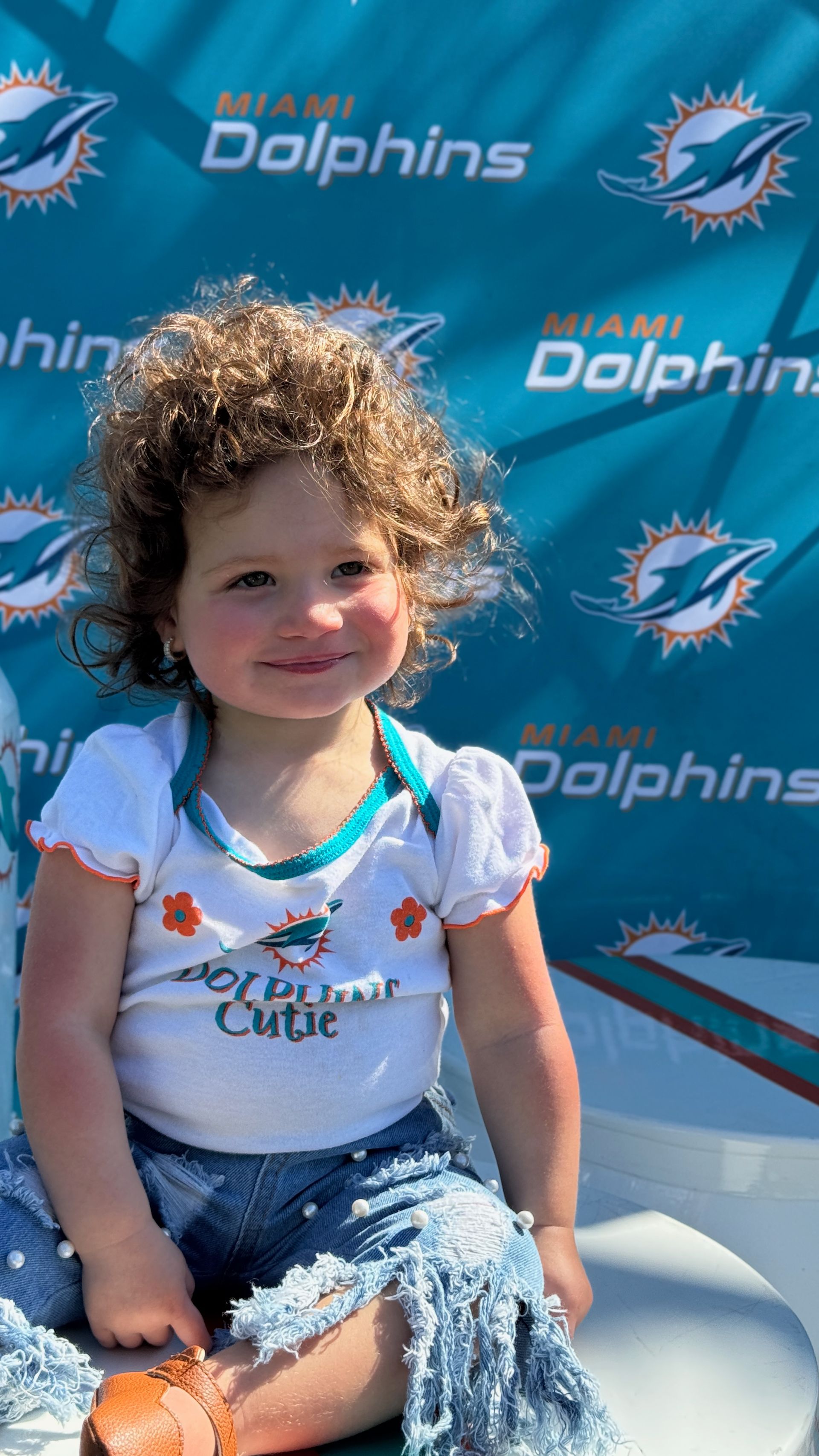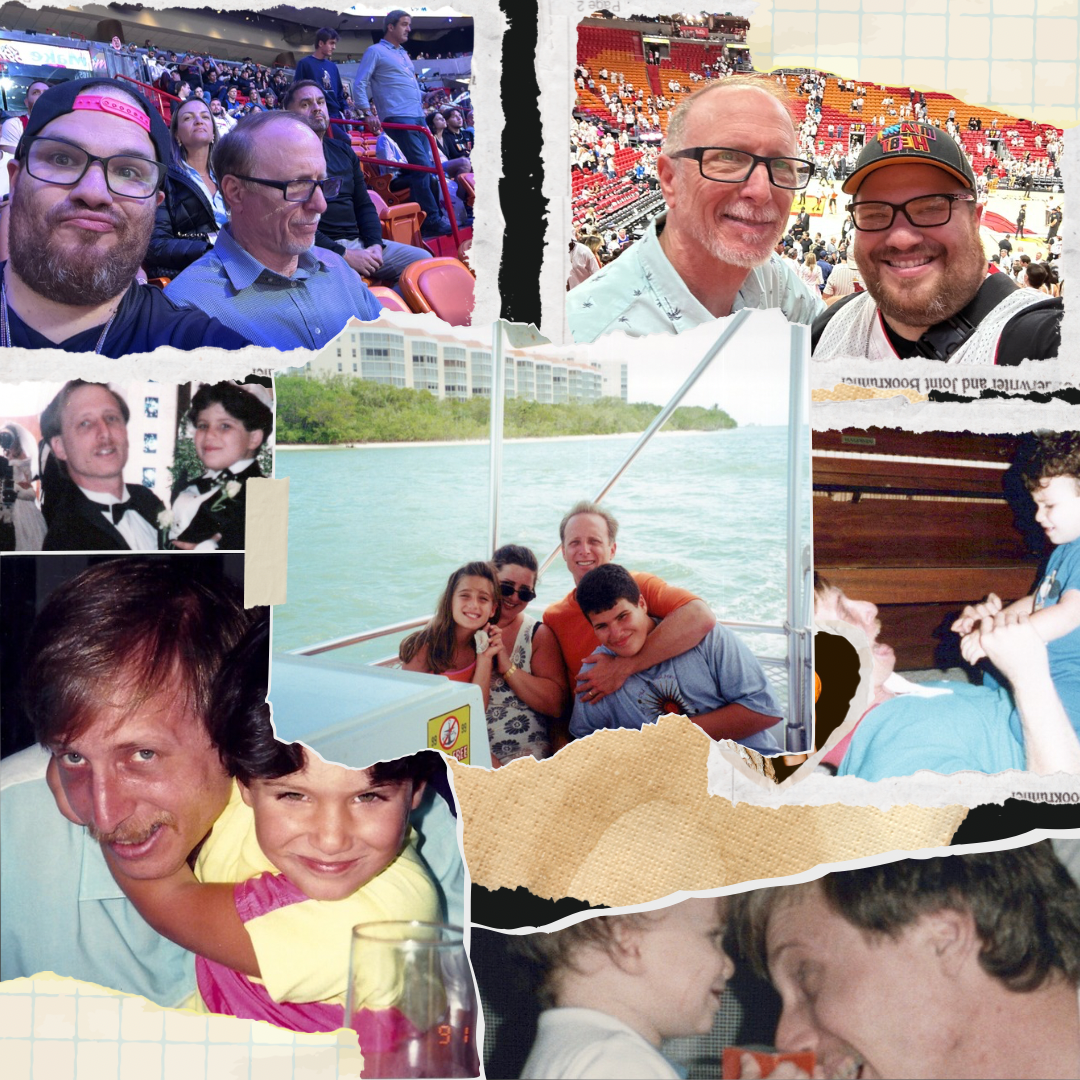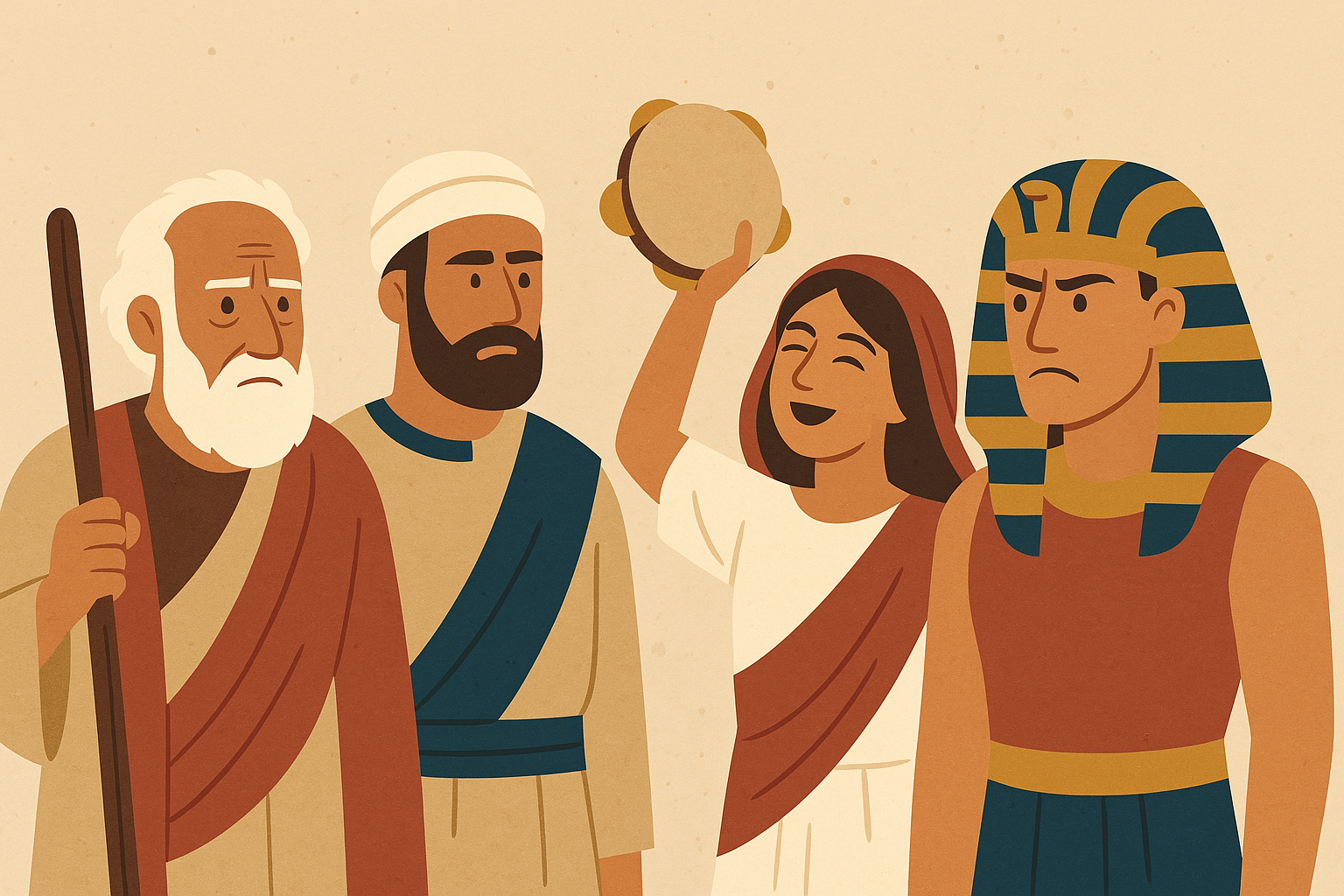
Why AI Can't Replace Your Personal Brand: The Human Edge in Content Creation
🧠 The Hook That Wasn't
Picture this: it's 11 PM on a Tuesday (you know, prime dad-brain hours when your cognitive function runs on fumes and whatever's left in your coffee cup), and I'm hunched over my laptop trying to get ChatGPT to write a client email that sounds like, well, me.
Fourth revision. Still not right.
I'm literally coaching an artificial intelligence to capture my voice while my actual voice sits right here, perfectly capable of just... talking. It's like hiring a translator when you already speak the language fluently.
That's when it hit me harder than a Bill Laimbeer elbow in the paint: I'd spent more time teaching a robot to be AJ than it would've taken to just be AJ. And you know what the AI version was missing? The part where I'd naturally compare their website's load time to Butler's free throws during playoffs; technically functional, but nobody's exactly thrilled about the experience.
We're all so busy trying to optimize our output that we're forgetting the most important ingredient in the recipe. The weird, imperfect, wonderfully human stuff that makes people actually want to work with us.
💬 Everyone's an AI Expert Now (Apparently)
Walk into any coworking space in Miami (or probably wherever you're reading this), and you'll hear the same conversation bouncing around like a tennis ball at Wimbledon. "How do I use AI to scale my content?" "Should I let ChatGPT write my newsletters?" "Can I automate my social media and still seem authentic?"
At DoorLoop , I watch property management companies wrestle with this daily. They want efficiency, and honestly, who doesn't? But they're also terrified of sounding like every other automated customer service bot that makes you want to launch your phone straight into Biscayne Bay.
Here's the thing, though. AI can do a lot. It can write your first draft, research your talking points, even help you organize those scattered 3 AM thoughts into something resembling coherence. But here's what it can't do: be the person your audience actually signed up to hear from.
Think about it. When someone follows you on LinkedIn or subscribes to your newsletter, are they really hoping for perfectly optimized, algorithmically-generated content? Or are they hoping for you ?
📈 Why Perfect Is Actually the Enemy of You
Quick question: when's the last time you connected with someone's content, really connected? Was it because their grammar was flawless? Because every paragraph transitioned seamlessly into the next like a well-choreographed dance routine?
I'm betting not.
It was probably because they shared something slightly messy. Maybe they admitted to feeding their kids cereal for dinner (been there, Yael had chocolate cheerios for dinner on Sunday), or they got unreasonably passionate about something most people wouldn't think twice about, or they told a story that ran 20% too long but felt 100% them.
The AI version of you doesn't have toddler interruptions. It doesn't get fired up about Israeli innovation or frustrated when the Heat blow yet another fourth-quarter lead. It doesn't have that specific cocktail of strategic thinking and dad-joke energy that makes people think, "Yeah, this person gets it."
When we over-optimize for AI efficiency, we're essentially asking our audience to fall in love with a really polished stranger instead of our beautifully chaotic selves. And honestly? That feels like a pretty raw deal for everyone involved.
🎯 The Frameworks That Actually Work (Without Losing Your Soul)
So how do you stay human while still being smart about AI? Here's how I'm using it to help build brands, both mine and my clients' over at Zossoz :
The 70/30 Rule : Let AI handle 70% of the research, organization, and first-draft heavy lifting. Think of it as your really efficient research assistant who never needs coffee breaks. But that final 30%, the voice, the personality, the weird tangents that somehow make perfect sense to you? That's sacred human territory.
The Mirror Test : Before you hit publish on anything, ask yourself this: "Would my best client recognize this as coming from me if my name wasn't on it?" If the answer's no, you've probably outsourced too much of yourself.
The Imperfection Permission Slip : Give yourself permission to be a little disorganized, a little too passionate, a little more you than your "professional" voice says you should be. The people who matter will stick around for the ride. The ones who don't? Well, they weren't your people anyway.
And here's the kicker that took me embarrassingly long to figure out: your competitors can copy your AI prompts, but they can't copy your perspective. They can't replicate the way you see patterns because you're a parent who reads bedtime stories and builds websites and roots for teams that consistently break your heart every season.
That perspective? That's your competitive advantage wrapped up in a bow.
🤝 Building With Your Hands (And Heart) Still Dirty
Look, I'm not going full Luddite here. I use AI constantly; for research, for breaking through writer's block, for organizing my scattered thoughts into something that resembles actual coherence instead of stream-of-consciousness rambling.
But I've learned that the magic happens in the margins, in those spaces where AI simply can't follow. It's in the random connections I make between client calls and parenting moments. It's in the way I can't help but weave Jewish values into business discussions. It's in admitting that sometimes I genuinely have no clue what I'm doing, but I'm figuring it out right alongside everyone else.
That's not inefficiency. That's brand.
Your audience doesn't need another perfectly optimized content machine churning out generic wisdom. They need someone who shows up consistently, thinks differently, and isn't afraid to be a little too much of themselves sometimes.
So by all means, let AI do the heavy lifting. Let it handle the stuff that would otherwise eat up your Tuesday evenings. But when it comes to the parts that actually matter, the voice, the vulnerability, the very specific way you see the world through your particular lens? That's all you.
Because here's what I've realized after years of building brands and raising kids and trying to make sense of this beautifully messy world: people don't follow brands. They follow humans who happen to have brands.
And you? You're irreplaceable.
Want to talk about finding your voice in an AI-saturated world? Hit me up on LinkedIn or drop me a line. I promise you'll get the real AJ, complete with Miami sports references and the occasional dad joke.
